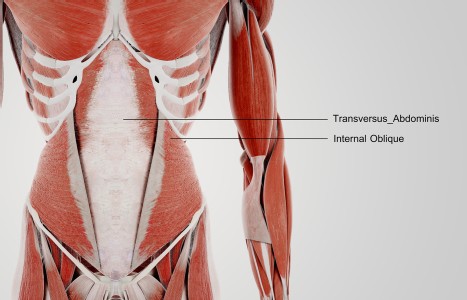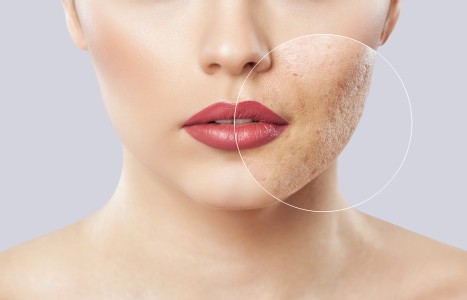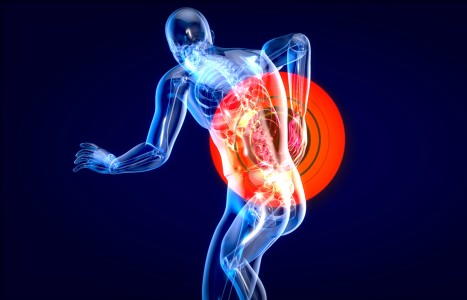TrA-2, my primary needle location, I needle 95% of the time and I think it works the best. You’ll know you have the right point location when you discover the muscle twitching when applying electric stimulation.
American Board of Oriental Reproductive Medicine Formed
"Sarah" was almost 42 years old when she came to see me for her initial consultation regarding her infertility. It is not uncommon for infertility patients to come to see me who are over 40 years old. My private practice is directed exclusively at the treatment of reproductive disorders, or infertility, in both males and females. Thanks to the recent success of several acupuncture studies demonstrating the effectiveness of acupuncture in increasing pregnancy rates in those undergoing in vitro fertilization (IVF), the advancing ages of those attempting to conceive in today's hectic world; and the tremendous popularity of Dr. Randine Lewis's The Infertility Cure, there has been an explosion of interest by the public and fertility specialists in acupuncture. If you are practicing acupuncture today, you will get calls from patients seeking help in getting pregnant. Hopefully, you will be better equipped to help these patients than the acupuncturist who saw Sarah for over a year before she was referred to my office.
As I took Sarah's health and reproductive history at her initial consultation, she informed me that she had seen another acupuncturist for a little over a year before despair motivated her to seek out someone else. She told me that her other acupuncturist had told her that she had "kidney deficiency," and that this was the reason for her inability to conceive. I told Sarah that because the kidney energy governed the reproductive energy, and because it tended to decline with age, it was reasonable to assume that her former acupuncturist was correct. However, as I continued with Sarah's intake, quite another picture emerged. When I asked Sarah whether she had any sexually transmitted diseases in the past, she commented that she had contracted chlamydia when she was in college. I then asked her if her Fallopian tubes had been evaluated by her reproductive endocrinologist (RE). She replied that she did not have an RE, and that her acupuncturist had not recommended this course of action to her. I also asked Sarah if her partner had gotten a semen analysis. She replied that she had just assumed that the problem was with her, given her age. I informed Sarah that 30 percent to 40 percent of infertility problems are related to problems with the male partner. She was quite surprised by this statistic. Finishing up her consultation, I told Sarah that I would like to refer her to an RE that I worked with in order to have her and her partner evaluated before we began her TCM treatments. I referred her with a note to the RE describing her health and reproductive history, and my thoughts.
When Sarah returned in one month, she and her partner had been to the RE I recommended, and he had sent a progress note to me with his findings and recommendations for treatment. Sarah, it turns out, had a complete bilateral obstruction of her Fallopian tubes, most likely as a result of the chlamydial infection she had in college. In addition, Sarah's three-day hormone panel revealed that her follicle-stimulating hormone (FSH) values were slightly elevated from normal. Furthermore, her partner had fairly significant male factor infertility, with low sperm count, motility and morphology. Given Sarah's blocked oviducts, it was physiologically impossible for her to conceive naturally, no matter how long or how vigorously her kidneys were tonified. Also, even if her tubes had been patent, without addressing her partner's semen issues, it would still be a long shot for Sarah to conceive naturally at her age. Her RE recommended that Sarah attempt IVF as soon as possible in order to bypass her Fallopian tubes. I told Sarah that I agreed with his recommendations, but that I would encourage her to give three months to work on her FSH and her partner's semen before attempting the IVF, so that they would have the greatest chance of success. After three months of treatment with acupuncture - more importantly, Chinese herbal medicine - Sarah and her husband conceived on the second round of IVF. She recently gave birth to a healthy baby girl.
Stories like Sarah's have prompted myself and others who work primarily with infertility to establish the American Board of Oriental Reproductive Medicine (ABORM). It is our desire to bring together subject matter experts in the field of reproductive medicine and TCM in order to establish a set of minimum criteria in terms of skills and knowledge related to this field. These criteria will then be used to establish a written examination that will be administered under the auspices of the American Association of Oriental Medicine (AAOM). Those who take and pass this examination will become boardcertified in Oriental reproductive medicine, and may advertise themselves as such. A list of those who are board certified will then be circulated to reproductive endocrinologists and the American Society of Reproductive Medicine so that they will know who to refer patients to. Even with the success of the recent acupuncture studies related to IVF, it is our belief that acupuncture alone is only a small part of the treasure trove of TCM, and that we must raise the bar in terms of our own skills in order to prevent the "dumbing down" of TCM as it relates to the treatment of infertility.
There will be an inaugural planning session of the ABORM at the AAOM conference in Chicago on Friday, October 21st. We welcome all interested parties to attend if they have an interest in this field. Alternatively, if they cannot attend, questions and comments may be directed to myself at rayrubio@aborm.org, or to Martin Herbkersman, Dipl. Ac., Dipl. CH, at martinherbkersman@aborm.org.


